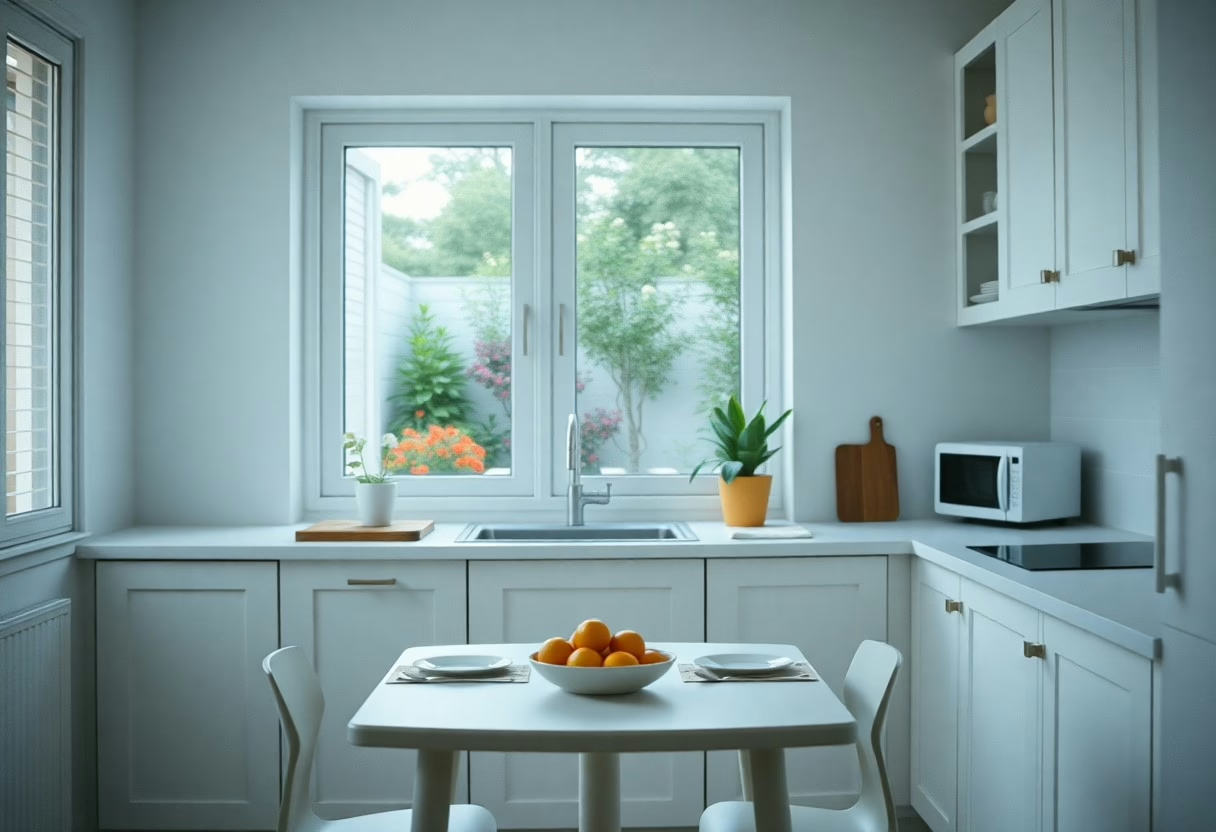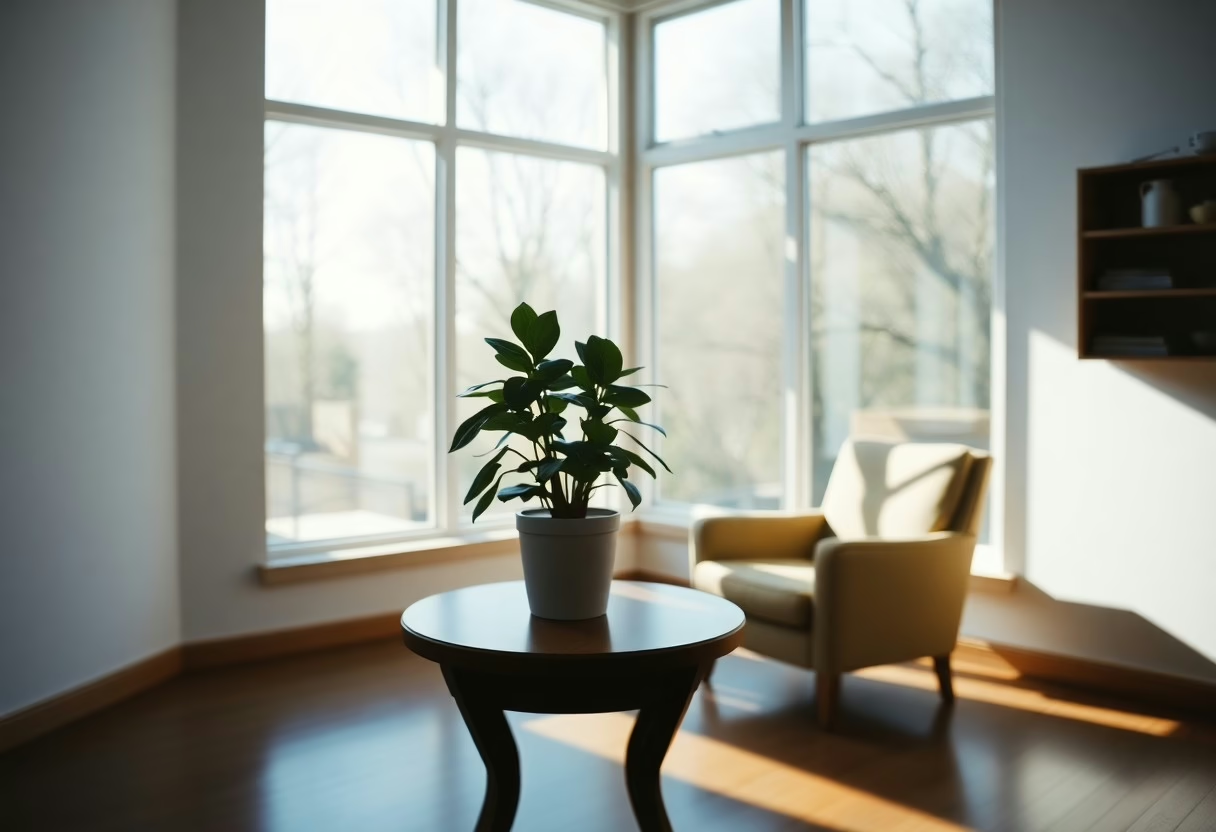Many individuals struggle with the overwhelming clutter of modern life, feeling weighed down by possessions and commitments. Embracing minimalism offers you a pathway to freedom, allowing you to simplify your surroundings and focus on what truly matters. In this blog post, you will discover how adopting a minimalist lifestyle can lead to increased joy, reduced stress, and a renewed sense of purpose. You’ll explore practical strategies to declutter your space and mind, ultimately paving the way for a more fulfilling and intentional life.
The Philosophy of Less: Embracing Minimalism
Living with less invites you to shift your perspective and focus on what truly matters. By embracing minimalism, you unearth the depth of simplicity and find freedom in decluttering your life. Minimalism is not merely about reducing physical possessions; it’s a philosophical approach that encourages you to prioritize experiences, relationships, and personal growth over material accumulation.
In a society driven by consumerism, redefining what holds value is crucial for embracing minimalism. You begin to see that true worth lies not in the abundance of things but in the quality of your experiences and relationships. Instead of chasing after the latest gadgets or trends, you focus on cultivating meaningful connections and cherishing moments that enrich your life.
Excess possessions can impose an emotional burden that weighs heavily on your spirit. You might find that the more items you accumulate, the more stress and chaos you invite into your life. Studies show that people report significant improvements in their mental health after decluttering, suggesting that releasing the emotional weight of excess possessions can lead to enhanced clarity, focus, and overall well-being.
The Psychological Benefits of Simplifying Your Life
Simplifying your life offers profound psychological benefits that can shift how you engage with the world. By minimizing distractions and unnecessary clutter, you open up space for clarity and focus. This newfound simplicity often leads to reduced anxiety and a greater sense of peace as you prioritize what is genuinely vital.
Achieving mental clarity is an undeniable gift of decluttering. By reducing the noise of excess thoughts and obligations, you gradually create a mental landscape ripe for creativity and reflection. This space allows you to focus on what truly matters, facilitating better decision-making and fostering a sense of control in your life.
A harmonious connection exists between physical space and your mental state. Studies have shown that environments characterized by minimalism promote feelings of calm and reduce stress. Psychological research indicates that as clutter decreases, emotional clarity increases, enhancing your overall well-being.
Transforming Your Environment: Practical Steps to Minimalism
Embarking on a minimalist journey requires tangible actions that transform your space into a haven of simplicity. Start by decluttering each room, removing items that no longer serve a purpose or bring joy. Create designated spaces for essential belongings, ensuring everything has its place. Consider embracing multifunctional furniture to maximize utility and minimize excess.
Conducting a Joy Audit can help you clarify what truly enriches your life. Go through your possessions and ask yourself if each item sparks joy or serves a meaningful function. This introspective exercise allows you to identify items that contribute positively to your well-being and those that merely weigh you down.
Developing sustainable habits is essential for maintaining a minimalist lifestyle. Start with small, manageable changes that integrate minimalism into your daily routine. For example, establish a habit of one-in, one-out when acquiring new items, ensuring that you regularly assess your possessions. Engage in mindful shopping—choosing quality over quantity—and cultivate an appreciation for experiences over material possessions.
Minimalism as a Path to Financial Freedom
Adopting a minimalist lifestyle can significantly impact your financial well-being, offering a pathway to financial freedom. By decluttering your life and focusing on what truly matters, you naturally reduce unnecessary expenses and redirect your resources towards saving and investing. This shift in mindset can lead to less financial stress and greater control over your spending habits.
With minimalism, each purchase is made with intention, leading to reduced spending. This deliberate approach fosters not just immediate savings, but also encourages long-term financial health. The money you save can be allocated towards debt repayment, investments, or an emergency fund.
Your focus shifts from accumulating possessions to creating lasting memories. Research shows that experiences, such as traveling or spending time with loved ones, bring more long-term happiness than material goods. Choosing experiences over material goods not only leads to a richer life but also promotes deeper connections with others.

Finding Joy Beyond Things: Reclaiming Time and Relationships
As you strip away excess possessions, you create space not just in your environment, but also in your life for deeper connections and meaningful experiences. This journey into minimalism invites you to cherish time over things, aiding in the cultivation of fulfilling relationships. By prioritizing valuable activities and nurturing bonds with loved ones, you discover that true happiness comes from shared moments rather than material acquisitions.
Your schedule may be packed, but building authentic relationships doesn’t have to be an afterthought. As you simplify your lifestyle, you’ll more easily prioritize time for friends and family. Whether it’s setting aside a weekly dinner with a loved one or simply checking in with a quick message, consciously fostering connections becomes attainable.
Embracing minimalism opens the door to mindfulness, allowing you to immerse yourself in each moment. Releasing attachments to material distractions frees your mind to engage fully in experiences. You’ll notice how savoring simple pleasures, like enjoying a cup of coffee or taking a walk, can transform everyday routines into joyful rituals.
Emphasizing mindfulness encourages you to slow down and appreciate life’s fleeting moments. Studies show that individuals who practice mindfulness report greater levels of happiness and satisfaction. By committing to live fully in the present, you’ll not only cultivate joy within yourself but enhance the connections you share with others.
Conclusion
Considering all points, embracing minimalism can lead you to a profound sense of freedom and happiness. By decluttering your space, simplifying your commitments, and focusing on what truly matters, you free yourself from the burdens of excess and distraction. This intentional lifestyle encourages you to appreciate experiences over possessions, fostering genuine joy in your daily life. Ultimately, finding joy in minimalism empowers you to live more authentically and intentionally, guiding you toward a fulfilling existence imbued with purpose.

